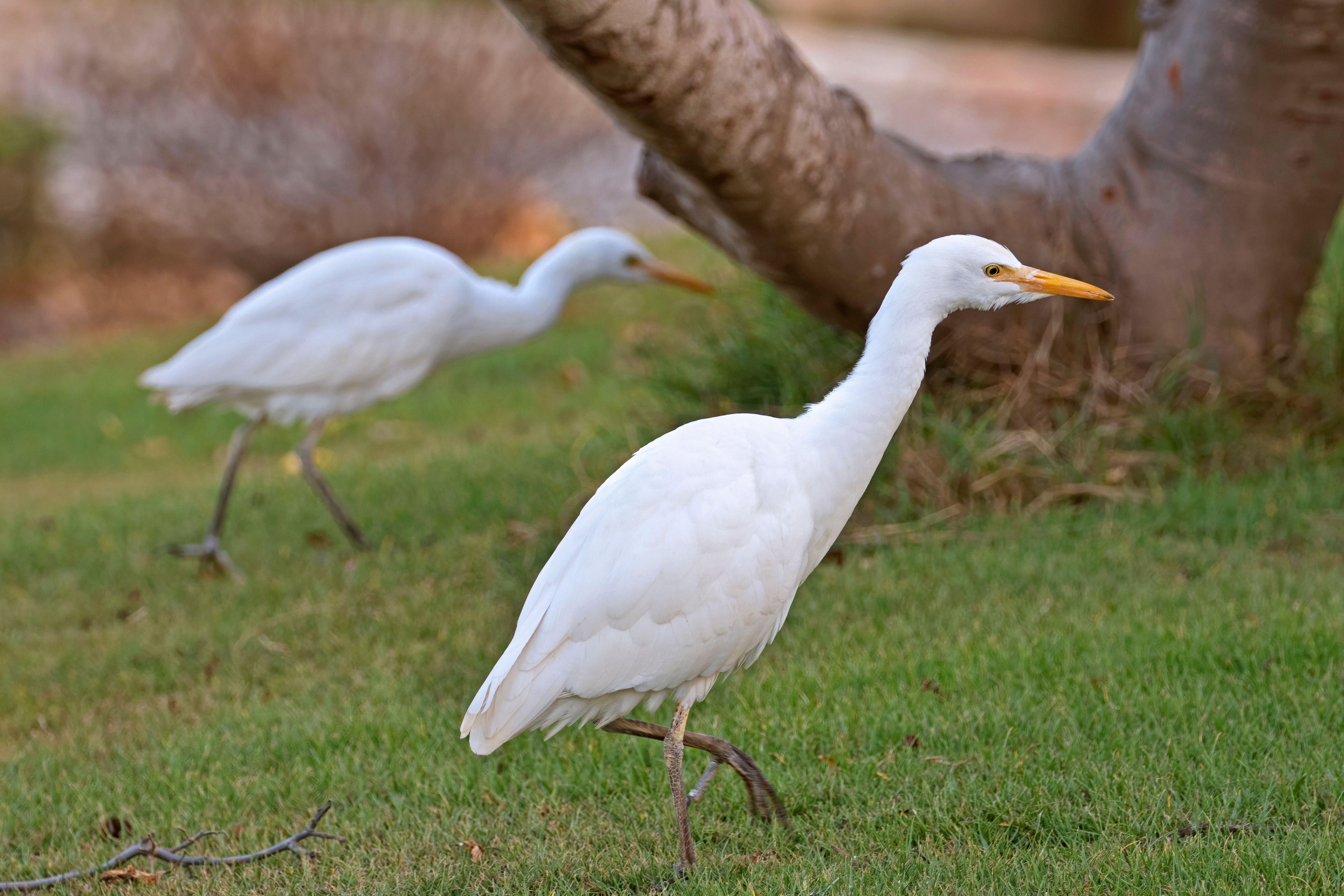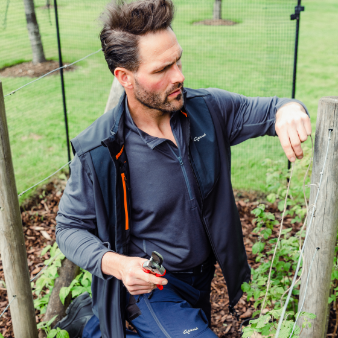Wildlife in the garden - egrets

Thirty years ago the sight of an egret in the UK wasn’t unheard of, but it was certainly a rare event. Move on to the 2020s and sightings of these pure white relatives of the heron are a daily occurrence.
We frequently see them feeding in shallow floodwaters adjacent to our local supermarket. They’ve turned from timid shy birds into streetwise opportunists. And opportunists they certainly are - several weeks ago after returning to the Genus cottage from a few days away, a Great White Egret lifted off from the pond. With a full stomach, it never needed to return - all our fish had been eaten. On asking around it appears they are starting to become regular visitors to garden ponds.
Three species of egret are likely to be encountered in the UK:
The Little Egret (Egretta garzetta) was the first to colonise lakes and rivers, taking advantage of the warming climate. They first bred here in 1996.
The Great White Egret or simply Great Egret (Ardea alba) followed on some years later, first breeding in 2012. As large as a heron and with a 5ft wingspan, it’s easy to spot in the wild. Like the Little Egret it feeds on fish, frogs, tadpoles and aquatic invertebrates.
The Cattle Egret (Ardea ibis) is the smallest of the egrets likely to be seen and as their name suggests they’re often spotted around cows whose grazing disturbs insects and other small creatures which become food for the bird.







